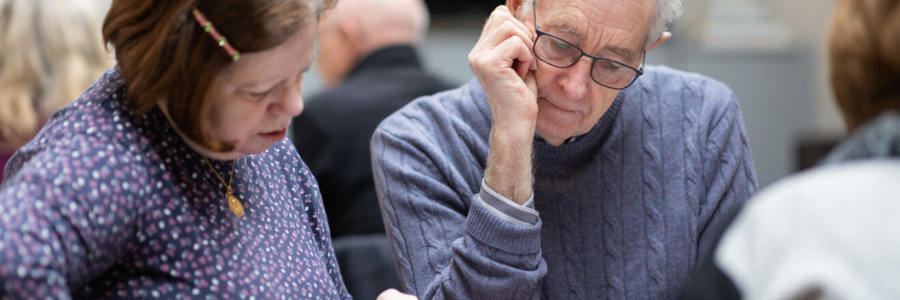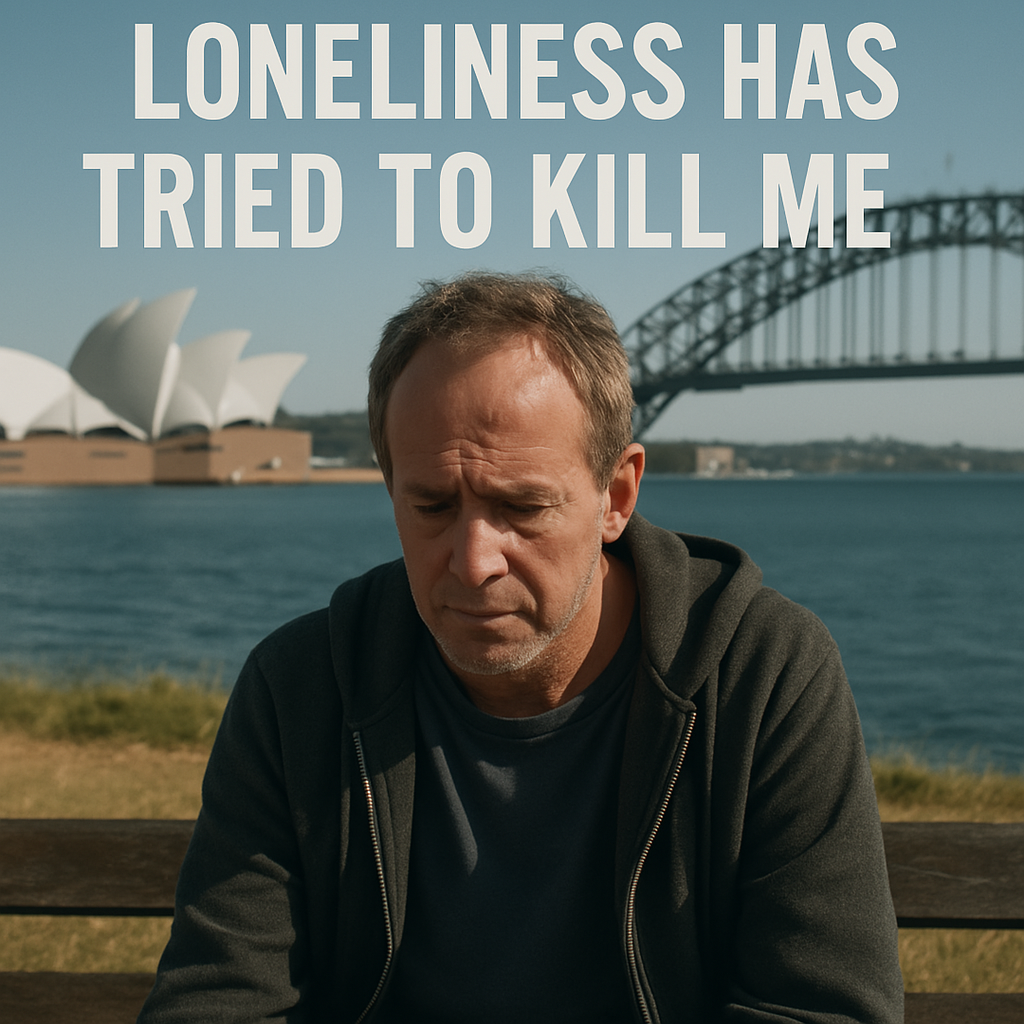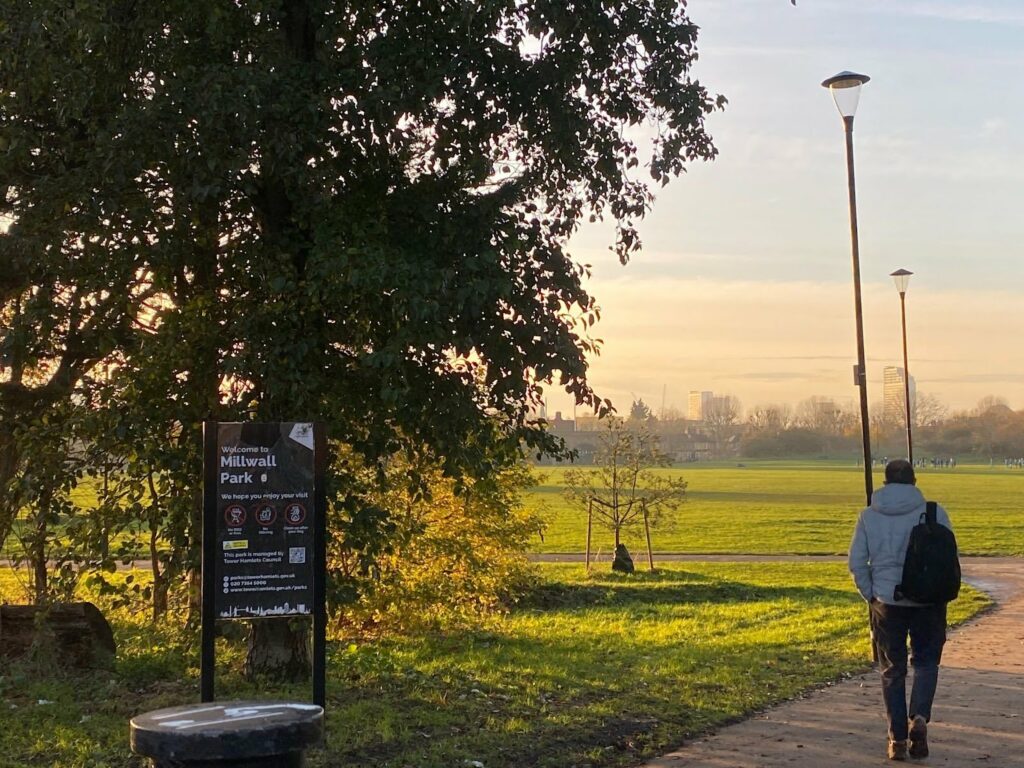Reflections on loneliness: The Age UK perspective

We spoke with Hannah Pearce, outgoing Head of External Affairs at Age UK, on what she learned from representing the issues facing older people during the pandemic and how the work on tackling loneliness has developed.

Jo Cox Commission on Loneliness and the first Loneliness Strategy
I’ve worked in public affairs and charity campaigning for over 20 years. In that time, I have run, and been involved with countless parliamentary events, providing various ideas, gimmicks and photo ops to engage MPs with a wide range of issues and campaign calls. Despite hard work and the best laid plans, it is always difficult to know how many MPs will turn up on the day. Often getting more than a dozen or so MPs from across the House into a room would have qualified as a success.
In 2017, as part of Age UK’s efforts as a member of the Jo Cox Commission on Loneliness, I ran a drop-in event for MPs to show their solidarity with the cause and sign a pledge to confirm they were ‘Happy to Chat’ and support our campaign. We had MPs queueing out of the room and down the corridor. By the end of the morning’s event over 200 MPs had popped in. The MPs were motivated by their respect and admiration for Jo, who had truly been a remarkable, thoughtful, charismatic politician who inspired support above and beyond party politics, and they were keen to demonstrate their appreciation for Jo by supporting our campaign to tackle loneliness. There was huge and heartfelt commitment from politicians and the Prime Minister Theresa May went on to launch the first Loneliness Strategy.
Tackling loneliness requires addressing difficult challenges
The issue of loneliness sometimes appears as an uncontroversial policy issue, about which it is conveniently easy to sound positive and commit to limited action. But when loneliness is deep rooted, it requires more than warm words. The inconvenient truth is that efforts to tackle loneliness effectively require addressing challenges that are difficult, entrenched and often require rather more funding than our politicians hoped.
The need for community and physical infrastructure
What we have learned through our policy and research into loneliness and with our network of local Age UK partner charities is that the answer to tackling loneliness is different for different people but there are a number of common factors that lead to success. These include the presence of well-funded local community infrastructure where the council or local charities, faith groups or other voluntary groups provide activities and opportunities for people to come together to socialise, engage in meaningful activities or learning.
In order for people to access these activities there needs to be physical infrastructure in place including accessible transport (public, community or private), the public spaces, community centres, libraries and village halls to host the activities and access to online information to enable people to know about what is going on. Yet we know that these public services and public spaces are shrinking – in the last ten years a fifth of libraries have closed and there has been a 40 per cent reduction in local authority spending on bus services – alongside the cuts to local authority funding that had previously subsidised and supported the voluntary sector, whilst millions of older people remain digitally excluded.
Impact of Covid-19 on loneliness
As many others have pointed out, the covid pandemic, alongside the direct damage and deaths caused by the virus, threw other challenges, disparities and inequalities into sharper relief. The wave of loneliness caused by the pandemic was particularly severe for older people who were not online, those who were living on low incomes, those who were in ill-health or disabled, those with caring responsibilities of who were bereaved, who relied on informal and formal caring support and older people living in care homes. Thousands of older people who had previously enjoyed some social interaction and connection before the pandemic and the successive lockdowns were denied it, and there were thousands more for whom lockdown made little difference to their lives which were already limited and lonely.
Tackling loneliness remains a priority
We know from our local Age UK partners that tackling loneliness remains a priority yet they are concerned about meeting the need, particularly now the additional funding and influx of volunteers that accompanied the emergency response to the pandemic has dissipated, whilst many of the conditions that have prompted loneliness remain. As the number of older people in England continues to grow, the number of older people who are persistently lonely is also projected to increase. Before the pandemic, around 1 in 12 people aged fifty and over in England were often lonely, equivalent to around 1.4 million people, a number projected to increase to around 2 million people by 2026.
This network of organisations working to tackle loneliness has a key role in keeping loneliness in the spotlight and on the agenda of government and wider society to tackle a challenge that sadly doesn’t look like disappearing any time soon





Thanks to Hannah for this week’s blog. If you have any questions, you can reach out to @EorannL